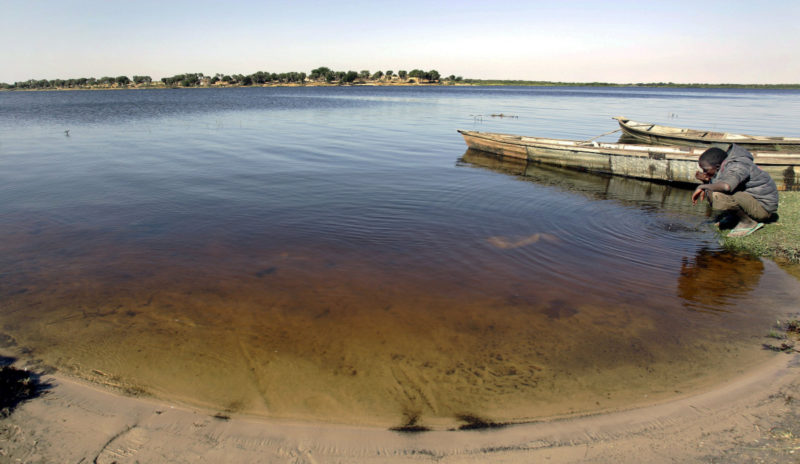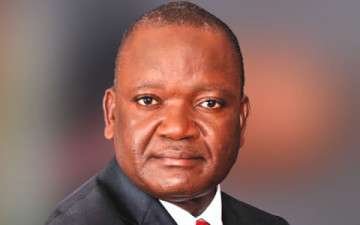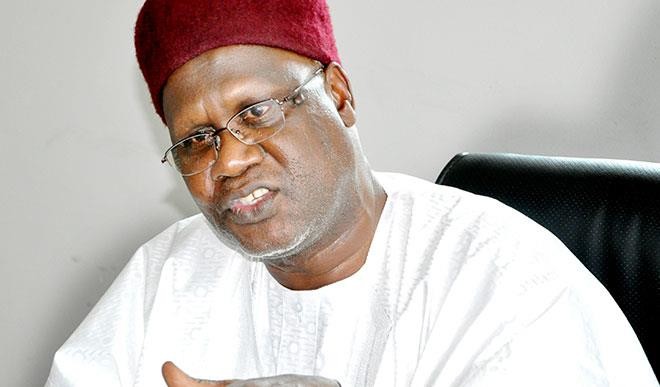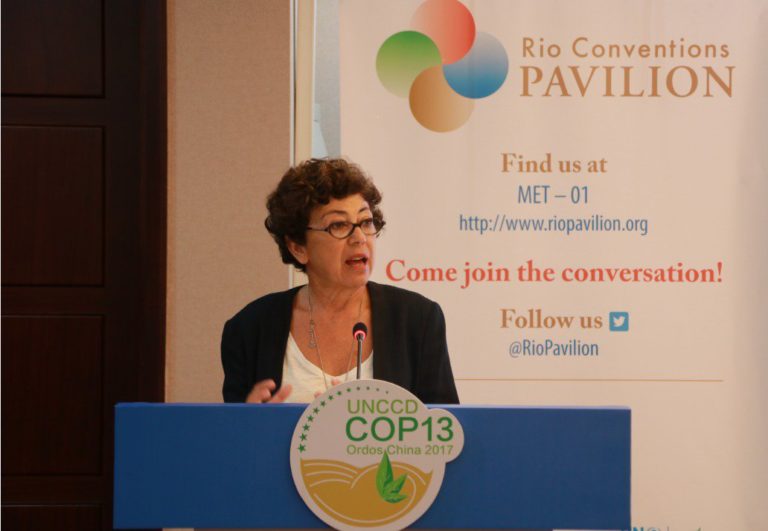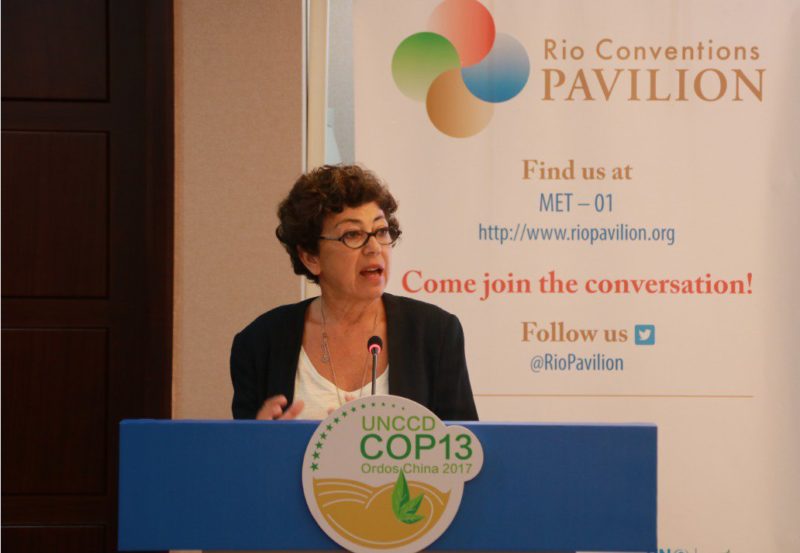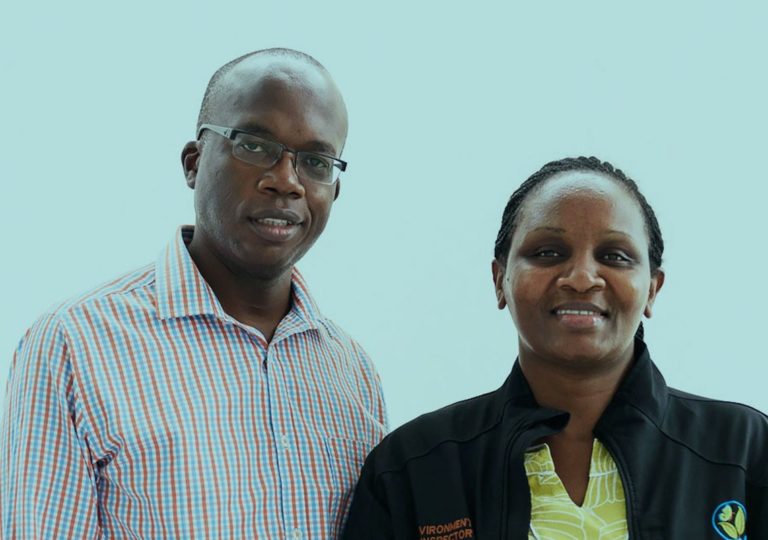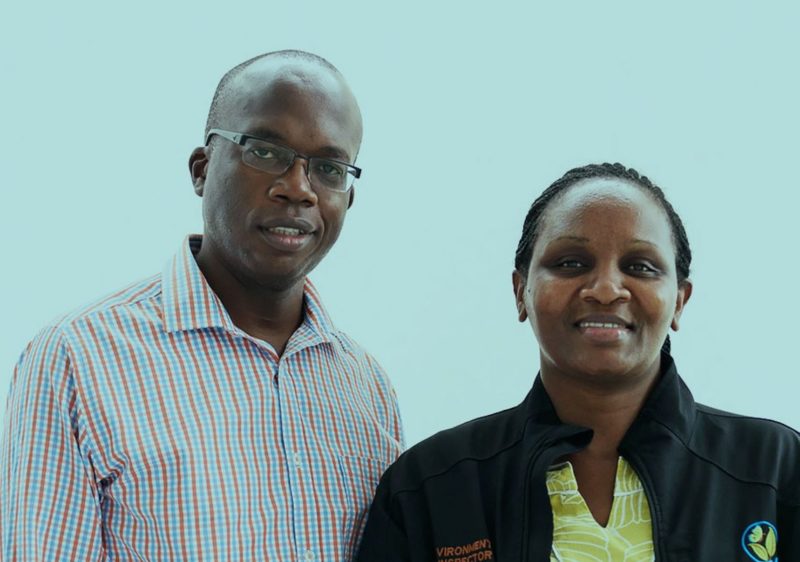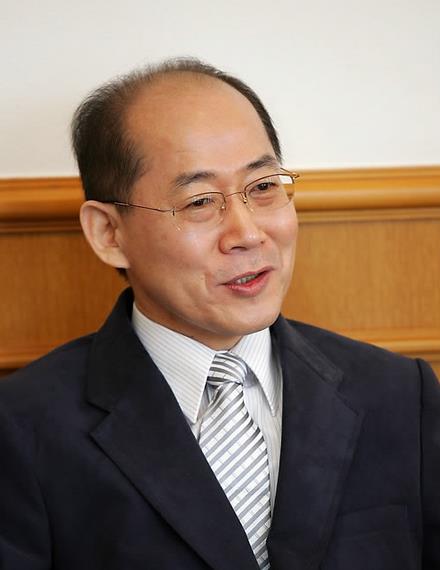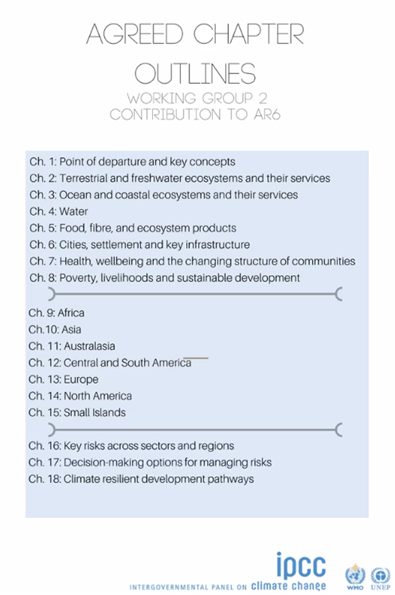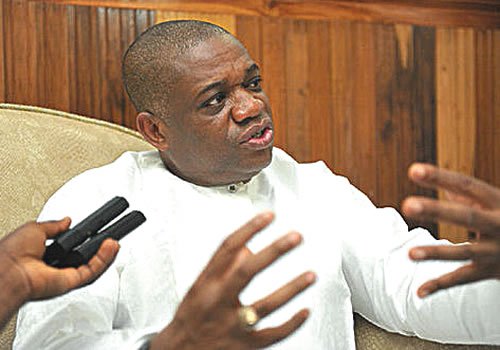Human rights lawyer, Ebun-Olu Adegboruwa, has kicked against the deployment of military in the South East and the use of military to clampdown on the civilians in a supposed democratic government birthed under the rule of law.
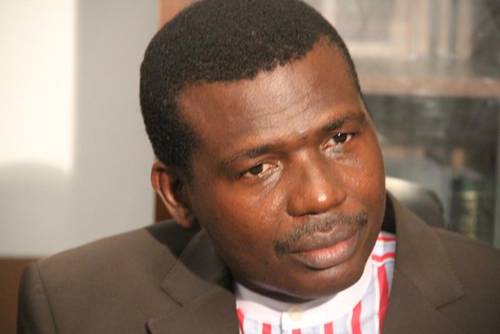
He said: “There is no insurrection going on in any part of the South East now, to warrant the display of military force or deployment.”
The right activist also described as amazing the clampdown on the Premium Times office in Abuja and other civil protestants as an affront on freedom of the people.
“The military quelled the Shiites’ peaceful rally in Zaria, the military sacked civilian communities in the Niger Delta, the military supervised elections in Rivers and other places, the military mowed down peaceful gatherings in the South East and the military even took over Premium Times‘ office in Abuja, a while ago.”
He stated this in a press release on Tuesday, September, 12, 2017 saying that people have been overwhelmed by the support for the present administration of President Buhari, even by those who are supposed to be critical about the administration’s policies.
“It’s just so amazing, that our entire life has been swallowed up in this frenzy and support, for the Buhari administration, as to even justify the clampdown on civilians by the military, in a supposed democratic government, birthed under the rule of law, human rights and freedoms.
“I’ve read people and even comrades and enlightened ones, prodding them on, defending the military to carry on ‘python dance’, in the midst of civilians and locals. The military! The next phase of this hidden agenda is a take over of civilian authority, because when the ‘python’ has finished ‘dancing’, it must surely swallow something to quench its usually large appetite.
“Why is the ‘python’ not ‘dancing’ in Kaduna, where a quit notice was handed down to Igbos to vacate? Why is the ‘python’ not ‘dancing’ in Yenagoa and Ibadan, where separatist agitations are also on the rise? Are pythons found only in Igboland?”
Adegboruwa prayed that those who are riding on the back of the military tiger now won’t end up in its belly, someday, “because once you put fire on petrol, then you cannot dictate how it should burn.”
He called on the military to go back to the barracks and submit to civilian authority.
By Chinyere Obia




